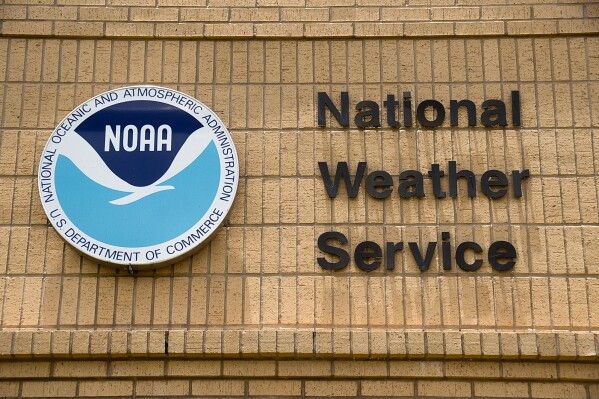Our River: How the Mississippi Shaped This Nation
- Yaller Dog
- Feb 15, 2024
- 2 min read
The Mississippi River, one of the most significant waterways in the United States, has played a pivotal role in the country's development, both historically and economically. From the lakes of Minnesota to the mouth of the Gulf of Mexico, the river has been a vital artery for transportation, trade, and agriculture, shaping the history and growth of the nation.

Historically, the Mississippi River served as a crucial pathway for the indigenous peoples, European explorers, and settlers. It was the backbone of trade among Native American tribes long before Europeans arrived. The river's discovery by European explorers in the 16th century opened new territories for exploration and settlement. In the 19th century, the Mississippi became a vital conduit for the transportation of goods and people, driving the expansion of the American frontier. The river facilitated the movement of crops, particularly cotton from the South, to ports for international export, playing a crucial role in the economy of the American South.
Today, the Mississippi River remains a critical component of America's economic infrastructure. It is a major conduit for transporting agricultural products, raw materials, and finished goods. The river supports the agriculture industry by providing water for crops, a mode of transportation for exports, and sustaining the fisheries industry. Approximately 60% of all grain exported from the United States is shipped via the Mississippi River, showcasing its importance in providing food for our communities.
Protecting the Mississippi River is vital for several reasons. Environmental degradation, pollution, and habitat loss pose significant threats to the river's health and the economy of our state, as well as the other states it passes through. Changing weather patterns exacerbate these challenges, leading to more frequent and severe flooding, altering water levels, and affecting navigation and agricultural practices.
The environmental and economic heritage of our nation was built on this great river. Pollution control, habitat restoration, sustainable water management, and climate change mitigation strategies are part of the effort to protect our river. These efforts aim to preserve the river's ecological health and economic value. Protecting the river ensures the sustainability of the industries it supports and livelihoods of Mississippi fishers, freighters, and farmers.
The Mississippi River's historic and economic importance cannot be overstated. It is a symbol of America's growth, a driver of its economy, and a vital resource that must be protected. The future prosperity of the United States is intrinsically linked to the health of the Mississippi River, highlighting the need for concerted efforts to safeguard this invaluable asset for generations to come. Through responsible stewardship, America can ensure that the Mississippi continues to flow as a lifeline for the nation's economy and a testament to its enduring legacy.




Comments